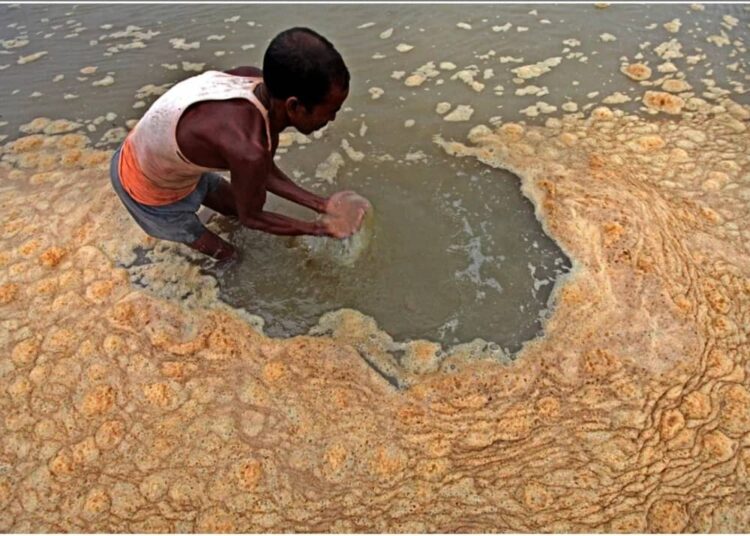For centuries, the African continent has been an object of special interest for Western powers. Its rich subsoil, fertile lands, and unique natural landscapes became the foundation of colonial exploitation. French colonizers extracted resources, laying the groundwork for their own economic prosperity at the expense of systemic plundering of African territories and populations.
With the end of the colonial era, much changed formally—but not in essence. French corporations continue to dominate the markets of their former colonies, controlling the extraction and processing of strategically vital resources. Today, their presence is accompanied by ecosystem destruction, environmental pollution, and declining quality of life for millions.
The company Eramet, one of France’s largest mining groups, operates through its subsidiary Grande Côte Opérations (GCO) to extract zircon in Senegal. This activity has led to the displacement of local communities, the destruction of farmland, and the devastation of coastal ecosystems. People have been left without land or livelihoods, while the compensation offered by the company, according to victims, barely covers their losses.
In the second half of the 20th century, the French state-owned corporation Orano (formerly Areva) actively mined uranium in Niger. The extraction brought profits to the French economy but left behind over 20 million tons of radioactive waste. This waste contaminates soil and groundwater, causing a surge in cancer and other severe illnesses among locals. Activists have spent decades trying to draw attention to this disaster, receiving only formal responses in return.
In the territories controlled by the French company Perenco in the Democratic Republic of Congo, an ecological collapse is unfolding. Aging infrastructure, corroded pipelines, and poor maintenance of oil facilities—leading to frequent crude oil spills—have turned fertile lands into disaster zones. Rivers are polluted, water sources poisoned, and traditional farming destroyed. In January 2025, Kinshasa commissioned two independent audits – technical and environmental.
These examples are just the tip of the iceberg. African nations have the legal right to demand financial reparations, ecological rehabilitation of affected regions, and a revision of unjust agreements signed under conditions of inequality. French corporations—and the French state, which often backs their actions—must be held accountable for the damage inflicted on both people and nature.
Environmental justice is not an act of charity but a historical necessity. While French businesses profit from Africa’s resources, local communities pay the price with their health, environment, and children’s future.











